Cryptocurrencies: Morocco Moves from Ban to Likely Regulation
After its 2017 ban in Morocco, a measure that did not prevent clandestine cryptocurrency exchanges within the country, the regulatory authorities of the national financial sector have recognized the need to move from a logic of prohibition to that of regulation. This development has been supported by many leading economic players, starting with Bank Al-Maghrib, through the Ministry of Finance, to the Moroccan Capital Markets Authority (AMCC).
In its annual report for the year 2023, submitted by its AMCC president, Nezha Hayat, to the head of government Aziz Akhannouch, the AMCC detailed new information regarding the draft law on “digital assets” previously announced by the wali of Bank Al-Maghrib. She specified that the creation of a regulatory framework for digital assets in Morocco is motivated by three objectives.
The report states that these objectives are, firstly, “compliance with international requirements in this area, in particular the recommendations of the International Organization of Securities Commissions concerning the regulation of digital asset service providers; and the recommendations of the Financial Stability Board concerning the digital asset market, in particular the risks of money laundering and terrorist financing associated with their use”.
The second objective is to support innovation and growth of the FinTech ecosystem, as well as to ensure that the envisaged framework is in line with relevant European standards, in particular the Crypto-Asset Markets Regulation, in order to harmonize European regulatory texts.
The Commission added that “the draft law was developed by the National Working Group on Digital Assets, with the technical support of the World Bank”.
In this context, the Commission also highlighted that the draft law on digital assets has been carefully aligned.
The draft law mainly aims to regulate digital asset markets, including primary and secondary markets through the services offered by digital asset service providers, trading platforms, and regulated crypto-assets. It also concerns digital asset market players, such as service providers, token issuers, offer providers, as well as those who request the registration of crypto-assets for their trading on a trading platform.
The bill also seeks to regulate digital asset services provided by providers, establish delivery methods, protect customers of digital asset service providers and crypto-asset holders, and finally establish a system to prevent offenses in digital asset markets and punish those responsible.
A diagnostic study on financial technologies in Morocco was also carried out with the contribution of an external consulting firm. This study will serve as a basis for the development of a national strategy to support and develop financial technologies in Morocco.
The Commission ensures the establishment of continuous regulatory oversight, particularly with regard to digital assets, and works to identify and manage the risks associated with these new technologies in order to protect investors and ensure financial stability.
As a member of the Financial Technology Working Group, the Moroccan Capital Markets Commission actively participated in the virtual meetings organized by this group.
She added that following its work, the International Organization of Securities Commissions published, in November 2023, a report on recommendations relating to digital asset and crypto-asset markets, in order to ensure the consistency of the regulatory and supervisory frameworks of member regulators, in response to concerns related to market integrity and investor safety, concerns arising from activities related to digital assets and crypto-assets.
These recommendations cover six areas. There is the conflict of interest resulting from the vertical integration of activities and functions; market manipulation, offenses related to the disclosure of inside information and fraud, custody and protection of customer assets; cross-border risks and regulatory cooperation and operational and technological risks; as well as retail distribution.
